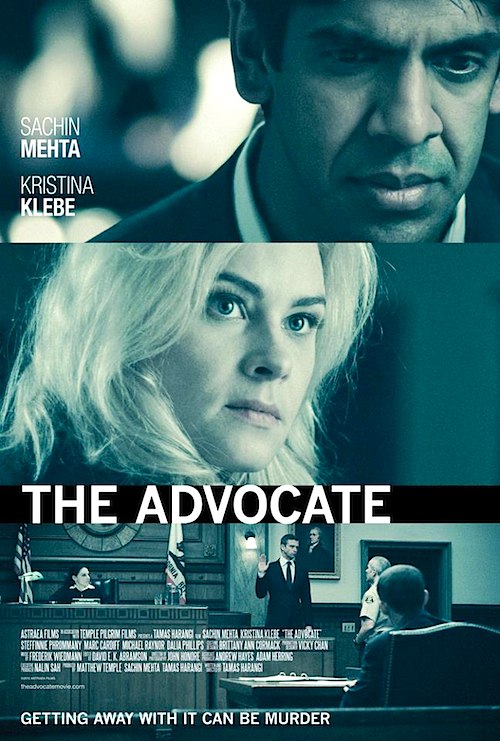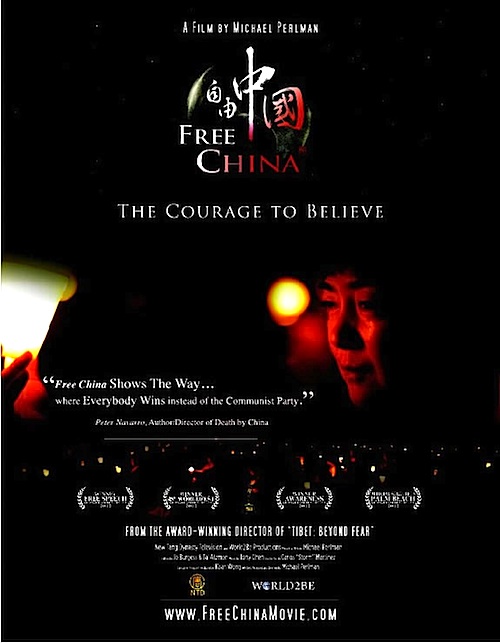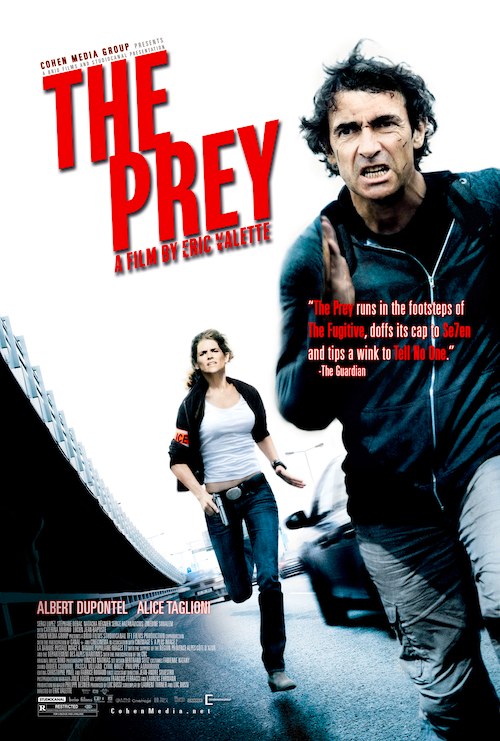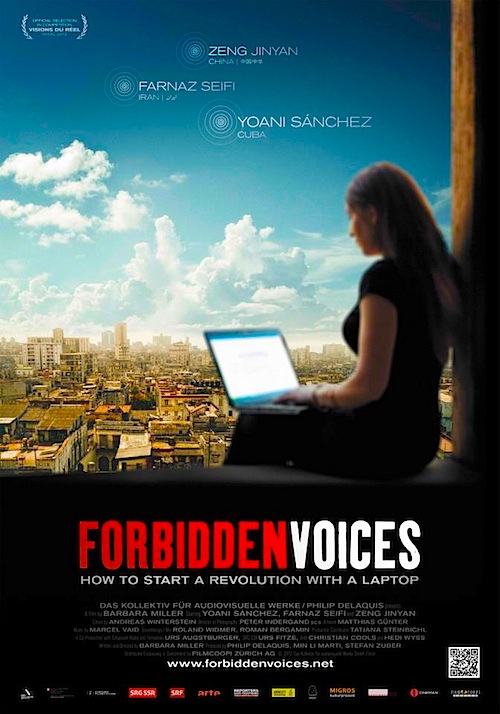By Joe Bendel. Is it the end of the world, or is it just Ohio? Sarah White might be the last girl on Earth and the last man might have found his way to her doorstep. Yet, that does not necessarily mean what you probably think in J.C. Schroder’s Forever’s End, which screened yesterday as part of Dances With Films.
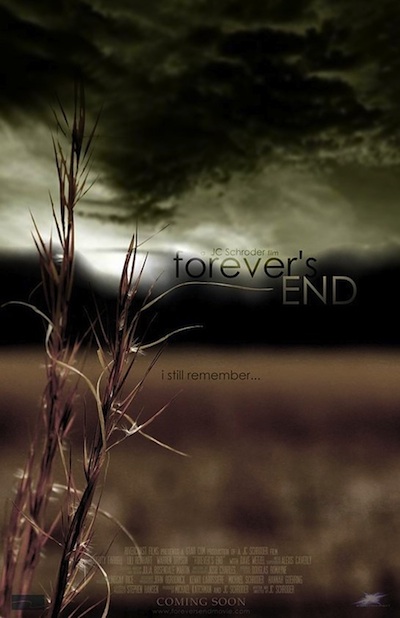 White apparently survived a violent attack when the apocalypse broke out. For the last six years, she has lived completely isolated in her family’s farmhouse, convinced she is Armageddon’s sole survivor. When several stragglers mysteriously arrive in rapid succession, she is confused, frightened, and perhaps a little hopeful. However, deciding who she should trust is difficult for the traumatized young woman.
White apparently survived a violent attack when the apocalypse broke out. For the last six years, she has lived completely isolated in her family’s farmhouse, convinced she is Armageddon’s sole survivor. When several stragglers mysteriously arrive in rapid succession, she is confused, frightened, and perhaps a little hopeful. However, deciding who she should trust is difficult for the traumatized young woman.
Serious cult cinema connoisseurs will have a general idea where Forever is heading, but Schroder still keeps viewers wondering just how exactly the pieces will finally fit together. The writer-director-editor-cinematographer establishes an eerie vibe that keeps viewers off-balance, getting a key assist from his Ohio and Kentucky locations, where the apocalypse could happen tomorrow and you’d never notice. (FYI, I joke because I attended a Lutheran liberal arts college not far from where the film was shot.)
Charity Farrell’s Sarah White is convincingly vulnerable and emotionally troubled, but in an engaging rather than showy kind of way. Lili Reinhart has the perfect look for her sisterly protector, projecting all kinds of menace and resentment. Conversely, Warren Bryson’s understatement helps sell his character’s revelations.
A strange hybrid of apocalyptic cinema and the psychological thriller, Forever’s End is a fine example of how an evocative mood and rich mise-en-scène can fortify an inconsistent narrative. Despite its challenging budget constraints, Forever’s End is an impressive looking production. A promising first feature, it is worth checking out when it screens as part of the “Sweet Sixteen” Dances With Films, in Hollywood, California.
LFM GRADE: B
Posted on June 8th, 2013 at 9:50am.
